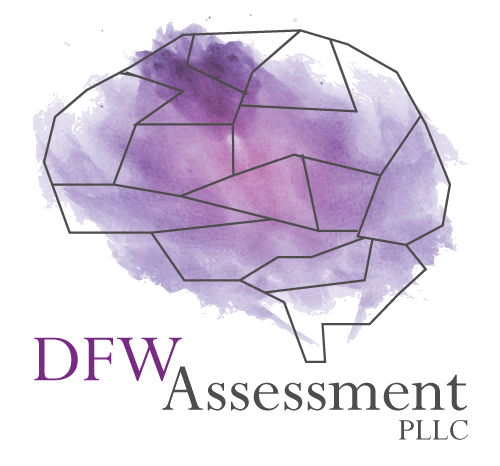What is Autism Spectrum Disorder?
Autism Spectrum Disorder (ASD) is the name given to describe a complex disorder of differences in neurodevelopment. ASD affects early brain development, and most patients begin to show signs of ASD before the age of three. Professionals are becoming increasingly able to diagnose at younger ages, which is positive since therapies at an early age are shown to be most effective. A range of individuals with varying levels of symptoms and needs can receive an ASD diagnosis. People who are diagnosed with ASD often struggle with the following:
- Social interaction
- Communicating clearly both verbally and nonverbally
- Engaging in repetitive behaviors
Additionally, people with ASD often experience:
- Cognitive differences
- Sensory perception differences
- Difficulties with motor skills and coordination
- Problems with concentrating or paying close attention to non-preferred tasks
- Disordered sleep
- Gastrointestinal issues
The degree to which people express these behaviors varies, and they can change as the person ages and matures. Every person diagnosed with ASD will have a completely unique experience. That’s why the disorder is considered a spectrum. Recent changes in diagnostic criteria used by psychologists (DSM-5) have eliminated differentiation of ASD from Asperger syndrome, Pervasive developmental disorder not otherwise specified (PDD-NOS), and Rett’s disorder. ASD now encompasses a wide range of symptomatology.
Who Should be Evaluated for Autism Spectrum Disorder?
Because every patient with ASD experiences different levels and variations of symptoms, it can be difficult to determine whether or not to seek testing, especially since many people are very young when they experience the most obvious effects. The majority of patients who receive ASD evaluations will be young children, so their parents need to be aware of symptoms associated with ASD. In many cases, a teacher, daycare worker, or other education professionals will be the first to notice early indicators, so communicating with these professionals is very important. Some of the symptoms we ask parents to look for in infants, toddlers, and children include:
- An infant between 12 and 18 months who do not respond to their name.
- An infant aged 15 months and over who does not seem to show interest in things happening around them. For instance, doesn’t look at and point to a dog that runs by or a plane flying overhead.
- An infant or toddler 18 months and older who shows no interest in play or pretending. For instance, the child doesn’t want to feed their doll baby or take a stuffed animal dog for a walk like a real dog.
- An infant or toddler who may have unexpected reactions to sounds or sensations. For instance, a certain sound makes your child cry or the smell of certain foods cooking may cause your child to scream.
- As children develop speech, they may have delays, repeat words, or respond to questions with seemingly unrelated answers.
- Children who seem not to understand the feelings of others or are unable to explain their own feelings and emotions.
- Children who avoid eye contact, particularly while speaking with others.
- Children who do not seem to enjoy interacting with others and choose to be alone.
- Children who are excessively upset by even minor changes in routine or setting.
- Children who seem to have a limited number of interests but may become obsessive about the things that do interest them.
- Children who display bodily repetitive movements like flapping hands, rocking, or spinning.
We also provide assessment for adults who are seeking diagnosis for ASD. You may want to consider visiting us for assessment if any of the following characteristics describe you:
- Do not feel you fit in with peers.
- Have always just felt different.
- Don’t understand the motivations of others or why they behave the way they do.
- Struggle in interpersonal relationships, including marriage and romantic relationships.
- Need specific instructions to understand what others expect of you.
- Have difficulty starting, extending, or ending conversations.
- Like things done your way.
- Have a limited range of interests.
What Kind of Testing is Involved?
In order to ensure we have a complete understanding of the strengths, weaknesses, and needs of a person with ASD, we may recommend a variety of assessment methods, including interviews and observation as well as cognitive, adaptive, emotional/behavior/personality, and achievement testing. We will use a personalized testing battery to help determine whether an individual will meet the diagnostic criteria for ASD. We work with patients and parents to gather all of the necessary information to make an informed and accurate diagnosis. We will also work with you to create a practical plan for moving forward with goals to improve a child’s learning experience, and help patients of all ages achieve their personal, professional, and educational goals.
If you are looking for online autism testing, please click here.
